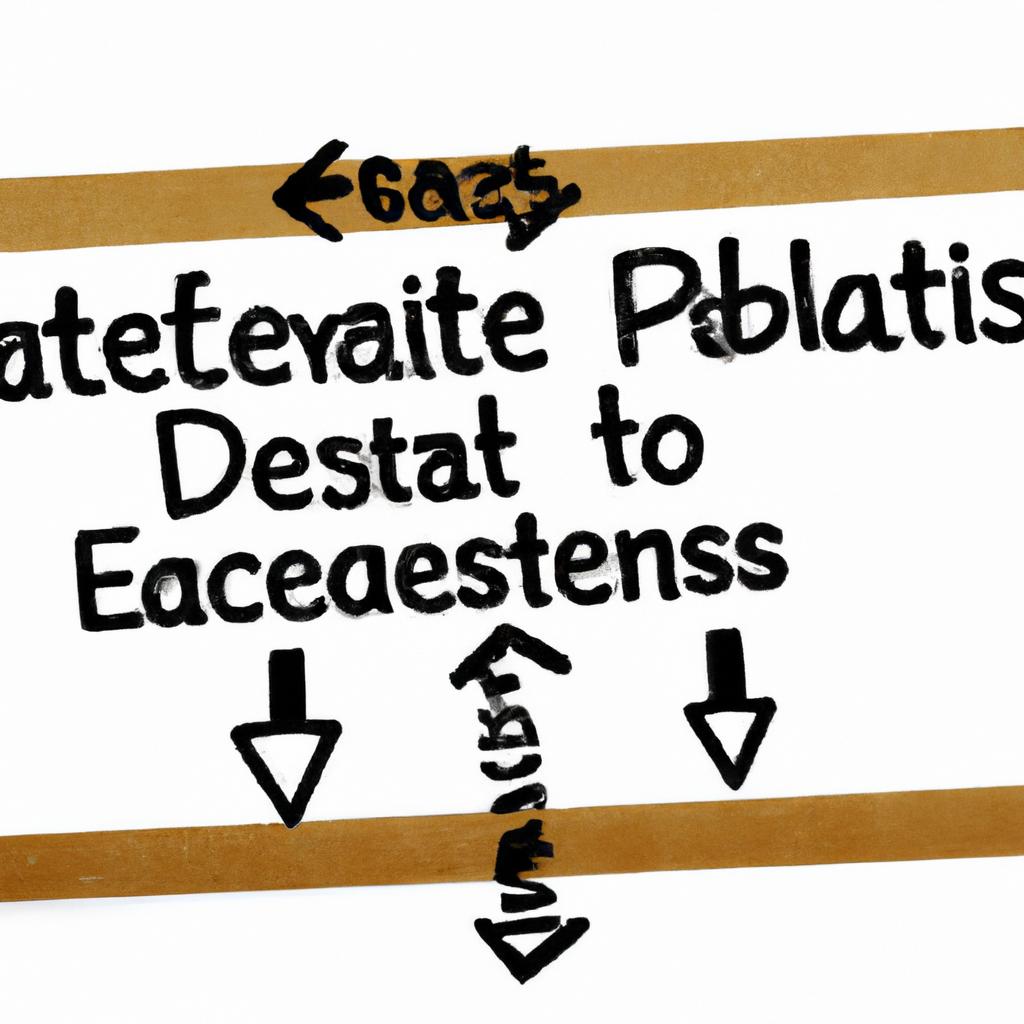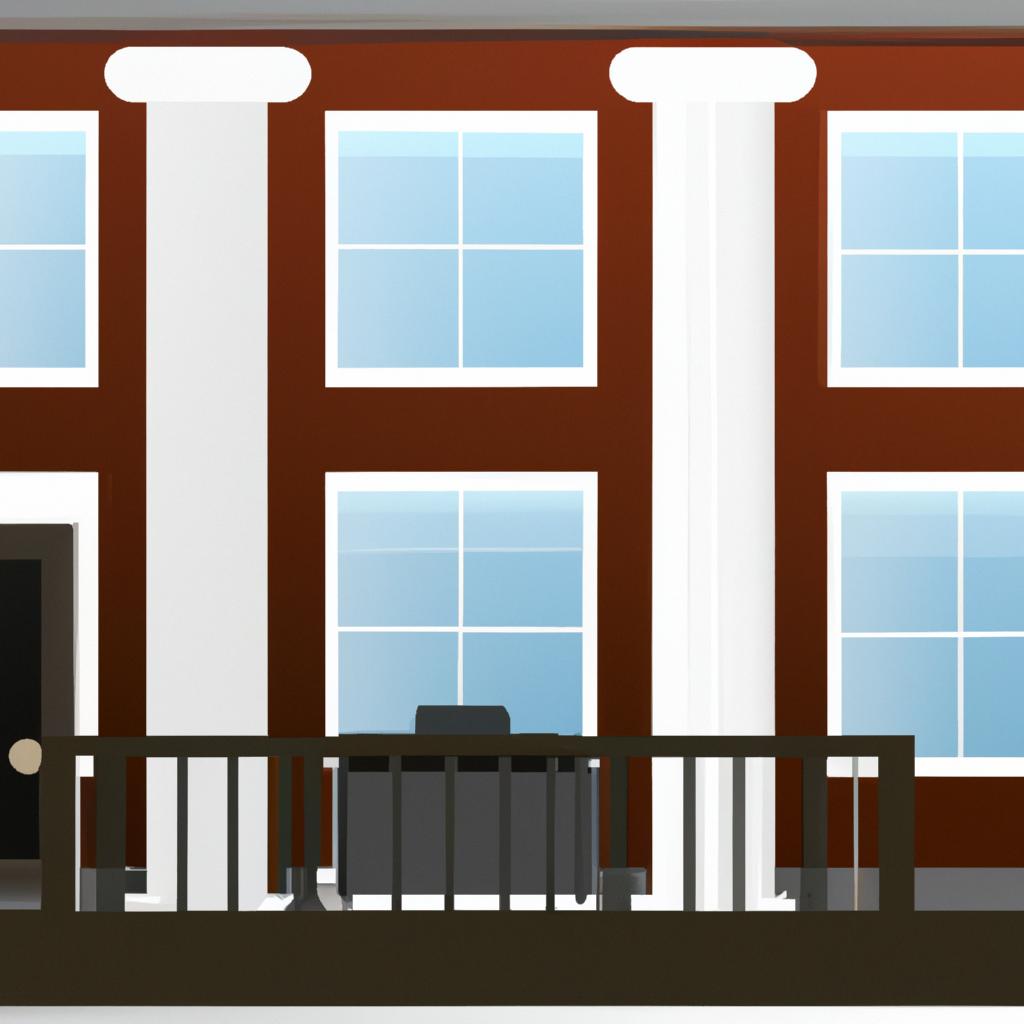In the intricate web of estate planning, one question that often arises is whether every will must undergo the scrutinizing process of probate. As experienced lawyers in the field of estate planning at Morgan Legal Group in New York City, we delve into this matter with a critical eye and a depth of knowledge. Join us as we explore the complexities surrounding the probate process and shed light on the nuances of when and why a will must pass through probate.
Understanding the Probate Process for Wills in New York
Probate is the legal process through which a deceased person’s assets are distributed according to their will or the laws of intestacy. In New York, not every will needs to go through probate. Whether a will needs to go through probate or not depends on a variety of factors, such as the type and value of assets left behind, as well as how the assets are titled.
Assets that do not need to go through probate in New York include those held in joint tenancy, assets held in a trust, retirement accounts with designated beneficiaries, and life insurance policies with named beneficiaries. It is important to seek legal advice from a qualified attorney to determine whether a will needs to go through probate in New York.

Factors that Determine if a Will Needs to Go Through Probate
When considering whether a will needs to go through probate, several factors come into play. One of the key determinants is how the deceased person’s assets are titled. Assets held solely in the deceased person’s name typically require probate, while assets held jointly with rights of survivorship or with designated beneficiaries may bypass the probate process.
Another important factor is the size of the deceased person’s estate. In New York, estates valued at $50,000 or less may qualify for a simplified probate process known as a voluntary administration, while larger estates will likely require a formal probate proceeding. Additionally, if there are disputes among beneficiaries or questions about the validity of the will, probate may be necessary to address these issues.

Alternatives to Probate for Efficient Estate Distribution
When it comes to estate planning, many people wonder if every will goes through probate. The truth is that not every will needs to go through the probate process. There are alternatives to probate that can help efficiently distribute assets and avoid the time-consuming and costly probate process.
One common alternative to probate is creating a living trust. By placing assets in a trust, they can be distributed to beneficiaries without going through probate. Another option is joint ownership of property, where assets are held jointly and automatically pass to the surviving owner. Additionally, designating beneficiaries on retirement accounts and life insurance policies can ensure that these assets bypass probate and go directly to the named beneficiaries. Consider these alternatives to probate for a more efficient estate distribution process.

Tips for Proper Estate Planning to Avoid Probate Challenges
When it comes to estate planning, avoiding probate challenges is a key concern for many individuals. While not every will goes through probate, proper planning can help minimize the chances of facing probate issues in the future. Here are some tips to help you navigate the estate planning process effectively:
1. Create a comprehensive estate plan: Make sure your estate plan includes a will, trusts, powers of attorney, and advance directives. Having a well-rounded estate plan can help ensure that your assets are distributed according to your wishes without the need for probate.
- 2. Consider using trusts: Setting up trusts can help you avoid probate by transferring assets directly to your beneficiaries outside of the probate process. This can help streamline the distribution of your assets and minimize the risk of probate challenges.
- 3. Keep your estate plan up to date: Review and update your estate plan regularly to account for any changes in your assets, beneficiaries, or wishes. Doing so can help prevent probate challenges caused by outdated or incomplete estate planning documents.
Q&A
Q: Does every will go through probate?
A: Not necessarily. Probate is a legal process that verifies the authenticity of a will and distributes the deceased person’s assets according to their wishes.
Q: If a will does not go through probate, what happens to the assets?
A: If a will does not go through probate, the assets may be distributed according to state laws or a previous trust arrangement.
Q: What factors determine whether a will goes through probate?
A: Factors such as the size of the estate, the presence of valid beneficiaries, and the type of assets involved can influence whether a will goes through probate.
Q: Can a will avoid probate altogether?
A: Yes, a properly executed trust can bypass the probate process and ensure a more efficient distribution of assets after death.
Q: Are there any drawbacks to avoiding probate?
A: While avoiding probate can save time and money, it may limit the ability of creditors to collect outstanding debts from the deceased person’s estate.
Q: How can someone determine whether their will needs to go through probate?
A: Consulting with a legal professional or estate planning expert can help individuals understand the probate process and determine the best course of action for their specific circumstances.
Concluding Remarks
In conclusion, while not every will may go through probate, it is important to consult with a legal expert to determine the best course of action for your estate planning. Whether your will ends up in probate or not, it is crucial to ensure that your final wishes are documented and legally binding. So, take the time to review and update your will regularly to ensure a smooth transition for your loved ones in the future. Thank you for reading.
 Introduction
Introduction
Planning for the future is an important part of adult life. This includes preparing for our eventual passing and ensuring that our estates and assets are distributed according to our wishes. This is where wills come into play. A will is a legal document that outlines how a person’s property and assets should be distributed after their death. However, many people wonder if every will goes through probate. In this article, we will explore the concept of probate and determine whether every will goes through this legal process.
What is Probate?
Probate is a legal process that proves the validity of a will and oversees the distribution of a deceased person’s assets. During probate, a court will review the will, pay off any debts and taxes owed by the deceased, and distribute the remaining assets to the beneficiaries listed in the will. The entire process can take anywhere from a few months to several years, depending on the complexity of the estate and any potential legal issues that may arise.
Does Every Will Go Through Probate?
The short answer is no, not every will goes through probate. There are certain circumstances in which a will may not need to go through this legal process. Let’s take a closer look at these scenarios.
1. Small Estates
In some states, a small estate is exempt from probate if the total value of the assets is below a certain threshold. This threshold varies by state but is typically around $100,000. If a will has been created for a small estate and meets the state’s requirements, it can bypass probate and be distributed through a simplified process.
2. Jointly Held Assets
If a deceased person owns assets jointly with someone else, such as a spouse or business partner, those assets will automatically pass to the surviving owner. In this case, the assets do not need to go through probate as they have already been transferred to the surviving owner.
3. Assets with Named Beneficiaries
Certain assets such as life insurance policies, retirement accounts, and assets held in a trust can have named beneficiaries. In these cases, the assets will transfer directly to the named beneficiaries and do not need to go through probate. It is important to keep these beneficiary designations up to date to ensure that the assets are distributed as intended.
4. Assets in a Living Trust
A living trust is a legal document that holds a person’s assets while they are still alive and transfers them to designated beneficiaries after their death. Since assets held in a living trust are technically owned by the trust and not the individual, they do not go through probate.
5. No Will Exists
If a person passes away without a will, their assets will go through the probate process in a state court. The court will distribute the assets according to state law, which may not align with the deceased person’s wishes. This highlights the importance of creating a will to ensure one’s assets are distributed according to their wishes.
Benefits of Avoiding Probate
As mentioned earlier, probate can be a lengthy and expensive process. By setting up a will and taking advantage of the above-mentioned scenarios, individuals can avoid probate and save their loved ones time and money. Avoiding probate also means that the details of a person’s estate remain private as probate documents are a matter of public record.
Practical Tips for Avoiding Probate
If avoiding probate is a priority for you, here are some practical tips to consider:
1. Review and Update Beneficiary Designations Regularly
As mentioned earlier, assets with named beneficiaries do not need to go through probate. It is important to review and update these beneficiary designations regularly to ensure they reflect your current wishes.
2. Consider a Living Trust
A living trust, as mentioned earlier, can help avoid probate. It can also provide more control and flexibility over how and when assets are distributed to beneficiaries.
3. Consult with an Estate Planning Attorney
Estate planning laws vary by state, so consulting with an estate planning attorney can ensure that your assets are protected and distributed according to your wishes. They can also provide guidance on setting up trusts and reviewing beneficiary designations.
Case Study: Avoiding Probate with a Living Trust
John and Sarah were a married couple with two children. They wanted to ensure that their assets were distributed to their children upon their passing, and they wanted to avoid the probate process. They consulted with an estate planning attorney and set up a living trust. John and Sarah transferred ownership of their assets to the trust, and upon their passing, their assets were distributed to their children without going through probate, saving time and money for their beneficiaries.
Conclusion
In conclusion, not every will goes through probate. There are certain scenarios where a will may not need to go through this legal process, such as small estates, joint assets, and assets with named beneficiaries. Avoiding probate can save time and money for one’s beneficiaries, and there are practical steps one can take to avoid it, such as regularly reviewing beneficiary designations and setting up a living trust. Consulting with an estate planning attorney can also provide valuable guidance in avoiding probate and protecting one’s assets. Proper planning and understanding of the probate process can help ensure that one’s assets are distributed according to their wishes.

